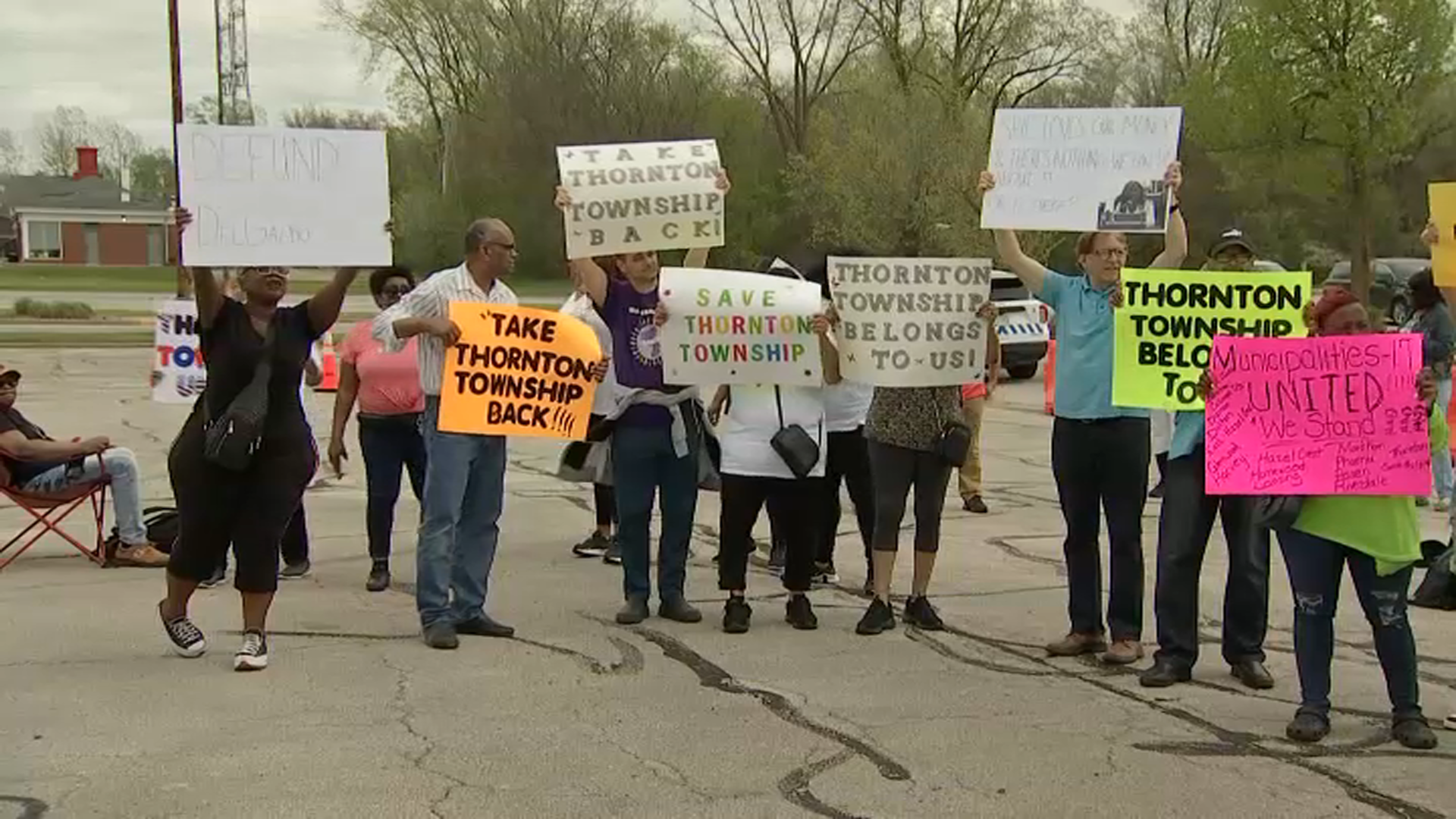Chicago Mayor Rahm Emanuel sent a strong message Thursday to Gov. Pat Quinn about a possible Chicago casino.
The two traded barbs earlier this week, with Quinn saying Emanuel's plan for how to spend the money was putting the cart before the horse. Emanuel countered by saying Quinn will eventually agree that the jobs he plans to create will become the trump card.
“I told him beforehand that this was how I was gonna use the money, and he asked me to lay it out specifically, and this is what I’ve done,” the mayor said today at a news conference.
Emanuel dismissed concerns about lax oversight by saying creating the jobs is more important.
"I'm not scared because I know he'll evaluate and weigh the equities," Emanuel said. "This is not about oversight, we've had oversight, this is about building Chicago's economic future."
Quinn said earlier this week that he still has reservations about the gaming bill that passed the legislature earlier this year.
The governor also reminded Tuesday that he hasn't received the bill yet.
Local
*Update from Quinn spokeswoman Brooke Anderson.
"Governor Quinn is committed to protecting the residents of Illinois and preventing the casino industry from being infected and corrupted by wheelers and dealers. He believes it’s in the best interest of our international reputation in Chicago- and Illinois- for any gambling expansion to be done the right way with full integrity and ethics oversight.
The Governor also believes that legislation -especially of this magnitude - should be done right the first time around.
The governor remembers the parking meter fiasco well, and he does not think that a rush to judgment is the way to go when considering legislation that would triple the amount of gambling in the state of Illinois.
The governor also does not feel that gambling is panacea for the economy. In the past two years, Governor Quinn has turned to other ways of growing jobs and investing in infrastructure in Chicago with the largest capital investment in city history of more than $1 billion dollars, with $100 million going to local roads."



